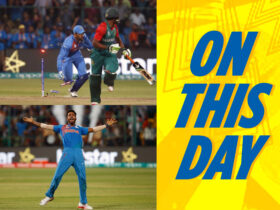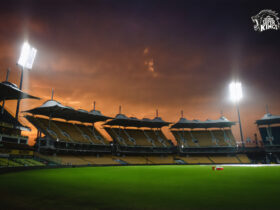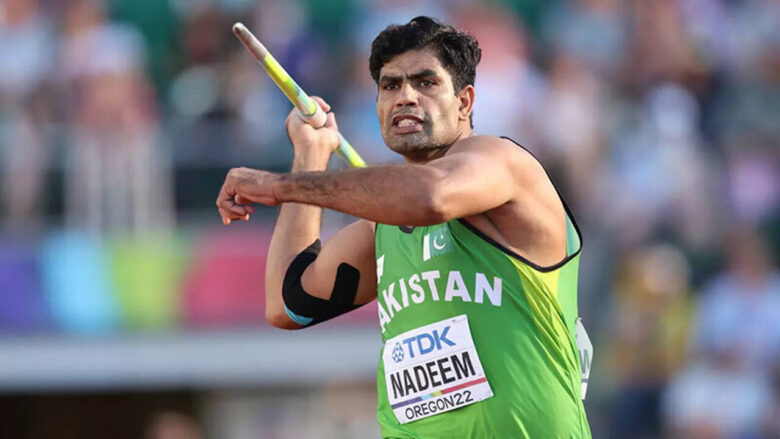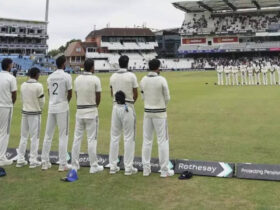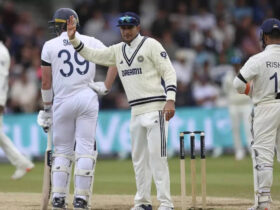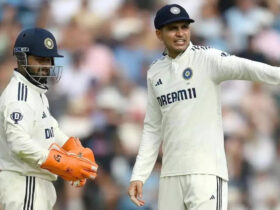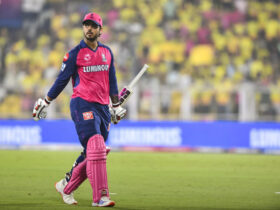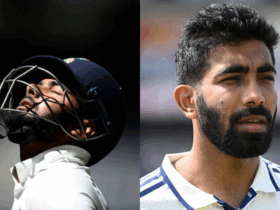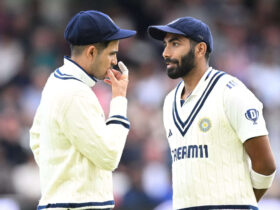In a surprising turn of events, Pakistan’s celebrated Olympic javelin thrower, Arshad Nadeem, has found his Instagram account blocked in India as of Wednesday evening. This development comes hot on the heels of a devastating terror attack in Pahalgam, Kashmir, which tragically claimed the lives of 26 Indian tourists. Visitors attempting to access Nadeem’s profile are greeted with a stark message: “Account not available in India. This is because we complied with a legal request to restrict this content.”
Interestingly, while Nadeem faces this digital blockade, the Instagram accounts of several prominent Pakistani cricketers, including Babar Azam, Shahid Afridi, Mohammad Rizwan, Shaheen Shah Afridi, and Mohammad Amir, remain fully accessible to Indian users. This selective restriction raises questions about the criteria behind such decisions, especially as Nadeem, a national hero after winning gold at the 2024 Paris Olympics with a record-breaking throw of 92.97 meters, has no known direct connection to the recent incident.
The timing of this restriction aligns with heightened tensions between India and Pakistan, exacerbated by the Pahalgam attack. Indian Prime Minister Narendra Modi took to X (formerly Twitter) to condemn the violence, stating, “Those behind this heinous act will be brought to justice. Our resolve to fight terrorism is unshakable and it will get even stronger.” While the government’s stance on security is clear, the blocking of an athlete’s social media account has sparked debates about whether such actions extend beyond security concerns into the realm of cultural and sporting diplomacy.
For context, Arshad Nadeem’s rise to fame has been inspirational. Hailing from a humble background in Mian Channu, Punjab, Nadeem’s Olympic triumph marked Pakistan’s first individual gold medal in athletics, earning him accolades worldwide. His friendly interactions with Indian athlete Neeraj Chopra, the silver medalist in the same event, symbolized a rare moment of camaraderie amidst longstanding Indo-Pak rivalry. This makes the restriction of his digital presence in India even more poignant for fans who see sports as a bridge beyond politics.
As this story unfolds, the contrast between the treatment of Nadeem and Pakistani cricketers—who often engage with Indian fans through social media—remains a point of intrigue. Babar Azam, Pakistan’s cricket captain, boasts over 5 million followers from India alone, while Shahid Afridi, a veteran all-rounder, continues to share motivational content unhindered. Whether this disparity reflects differing governmental policies on athletes versus cricketers or simply an isolated legal request remains unclear. What is certain, however, is that in the volatile landscape of Indo-Pak relations, even digital spaces are no longer safe from the ripple effects of conflict.
Stay tuned for updates as we delve deeper into the implications of this move and seek clarity on the reasons behind targeting Arshad Nadeem’s online presence. For now, the sports world watches with bated breath, hoping that the spirit of competition and mutual respect prevails over division.


